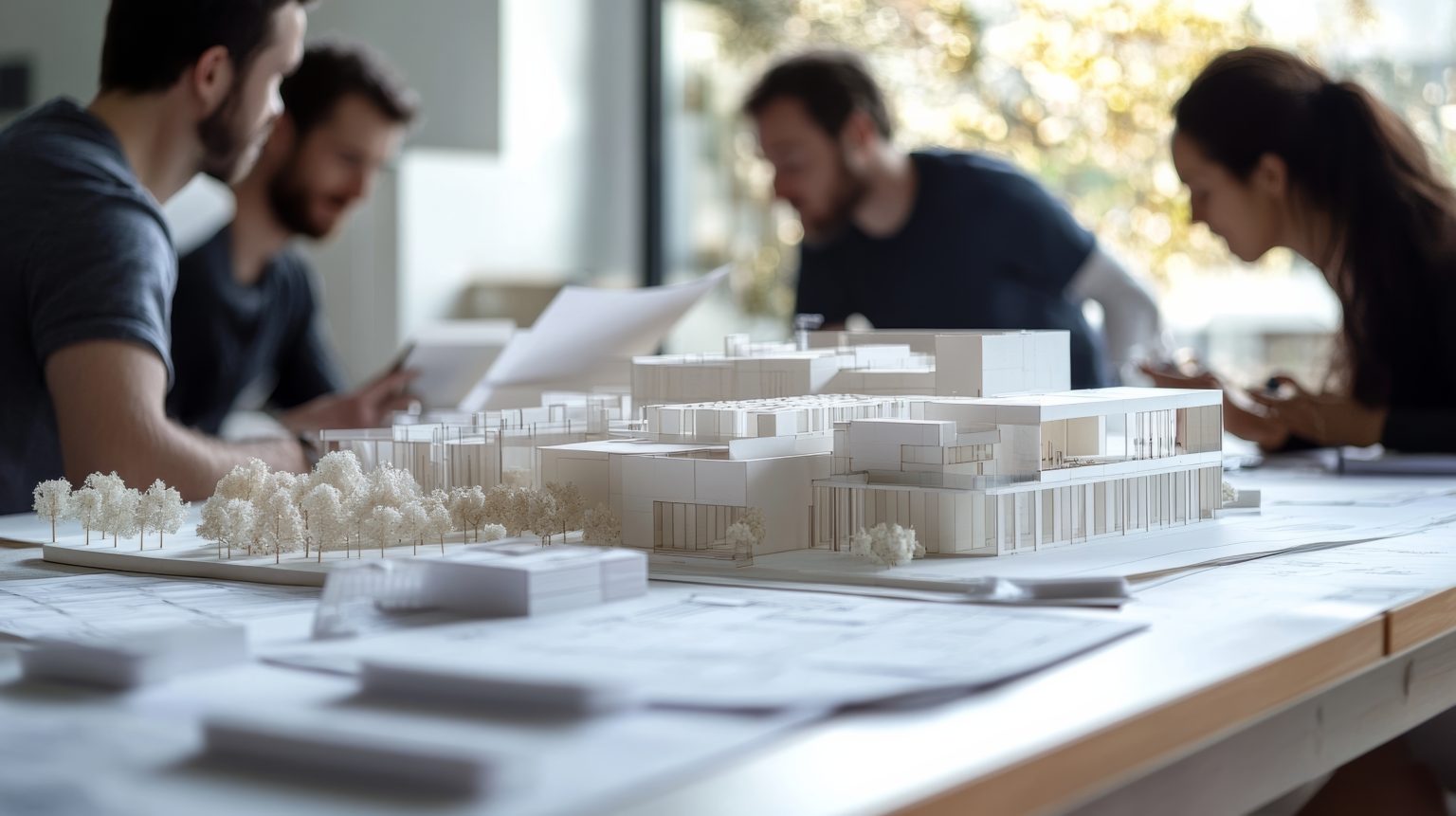The property industry is fundamental to creating and shaping the environments where people live, work, and play. It offers a wide range of career opportunities, from creative design and planning to technical engineering and strategic management. Working in property means contributing to the development of sustainable and vibrant communities.
The Urban Development Institute of Australia believe in investing in the future by inspiring the next generation of professionals in the property development industry. Careers in property are diverse, rewarding and crucial for the growth and development of our cities. We aim to provide students with insights and opportunities to explore these exciting career paths.



Types of Careers in Property
| Development | Property development is the process of creating or enhancing real estate by acquiring land, designing, financing and constructing buildings. It involves coordinating teams to transform ideas into functional, valuable spaces that meet market needs. Roles include: Project Director, Development Manager, Development Cadet, Acquisitions Manager, Property Analyst. |
| Architecture | Architects design buildings and other structures, focusing on aesthetics, functionality and sustainability. They work closely with clients and construction teams to bring visions to life. Roles include: Architect, Interior Designer, Landscape Architect, Technical Lead. |
| Planning | Urban and regional planners develop plans and programs for land use in urban, suburban and rural areas. They balance community needs, environmental sustainability and economic growth. Roles include: Urban Planner, Town Planner, Heritage Planner, Environmental Planner, Transportation Planner, Community Engagement Officer. |
| Construction | Construction professionals manage building projects, ensuring they are completed on time, within budget and to the required standards. Roles include: Project Manager, Site Manager/Foreman, Construction Engineer, Quantity Surveyor, Estimator, Contracts Administrator, Laborer, Health and Safety Officer. |
| Engineering | Engineers in the property sector include civil, structural, hydraulic, electrical, mechanical and environmental engineers. They design and oversee the construction of infrastructure and buildings, ensuring safety and efficiency. Roles include: Structural Engineer, Façade Engineer, Civil Engineer, MEPH (Mechanical, Electrical, Plumbing, Hydraulic) Engineer, Geotechnical Engineer, Technical Lead. |
| Sales, Marketing and Public Relations | Sales professionals in real estate market properties, negotiate deals and manage client relationships. They play a key role in connecting buyers and sellers. Marketing specialists create strategies to promote properties and development projects. They use various channels, including digital marketing, to reach potential buyers and investors. Public Relations professionals manage the public image and communication strategies of property companies. They handle media relations, public events and community engagement. Roles include: Sales Manager, Marketing Manager, Digital Marketing Specialist, Content Creator, Public Relations Specialist, Brand Manager, Market Research Analyst, Advertising Specialist, Event Coordinator. |
| Finance | Finance experts in the property sector manage budgets, investments and financial planning for development projects. They ensure the financial viability and success of projects. Roles include: Property Finance Manager, Investment Analyst, Real Estate Asset Manager, Tax Specialist, CFO. |
| IT (Information Technology) | IT roles in property focus on managing technology systems that support property operations, data management and customer experience. Roles include: IT Manager, Data Analyst, Software Developer, Systems Administrator, Cybersecurity Specialist, Business Intelligence (BI) Analyst, Technical Support Specialist. |


Member Profiles and Programs
| School Programs / Work Experience | Many UDIA members offer school programs and work experience opportunities to give students a taste of the property industry. These programs provide hands-on experience and insights into various careers. |
| Internships | Internship programs are available for university students, offering practical experience and professional development. Interns work on real projects and learn from industry experts. |
| Graduate Programs | Graduate programs are designed for recent graduates, providing structured training, mentorship and career development opportunities in various property sectors. |
| Other Programs | Additional programs may include scholarships, mentorship schemes and professional development workshops aimed at fostering talent and supporting career growth in the property industry. |










